by Chris Weller Today marks Day 1 of the 2025 NeuroLeadership Summit: Thrive Through Complexity, a two-day event dedicated to a theme that so many leaders and organizations have been...
Read More →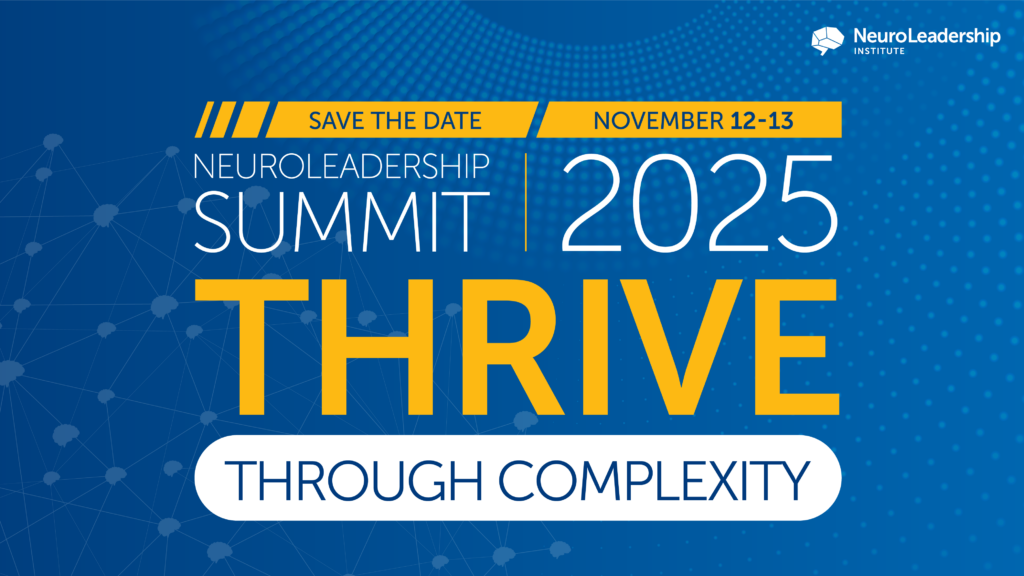
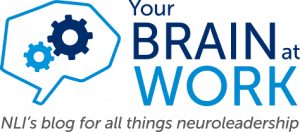
FEATURED INSIGHT
by Chris Weller Today marks Day 1 of the 2025 NeuroLeadership Summit: Thrive Through Complexity, a two-day event dedicated to a theme that so many leaders and organizations have been...
Read More →
Given the scale of the workforce migration, individual employees’ reasons for leaving are pretty varied, but they generally come down to three main factors.
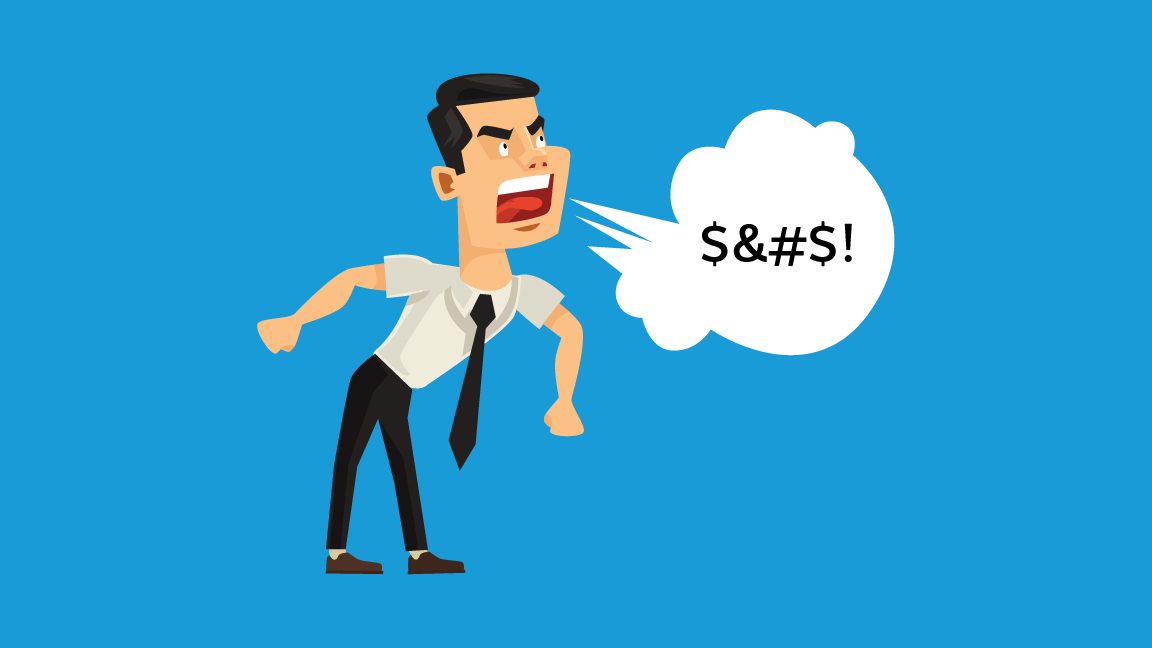
With tensions, anxiety, and burnout on the rise, de-escalation has rapidly become an essential skill for managers in the workplace.
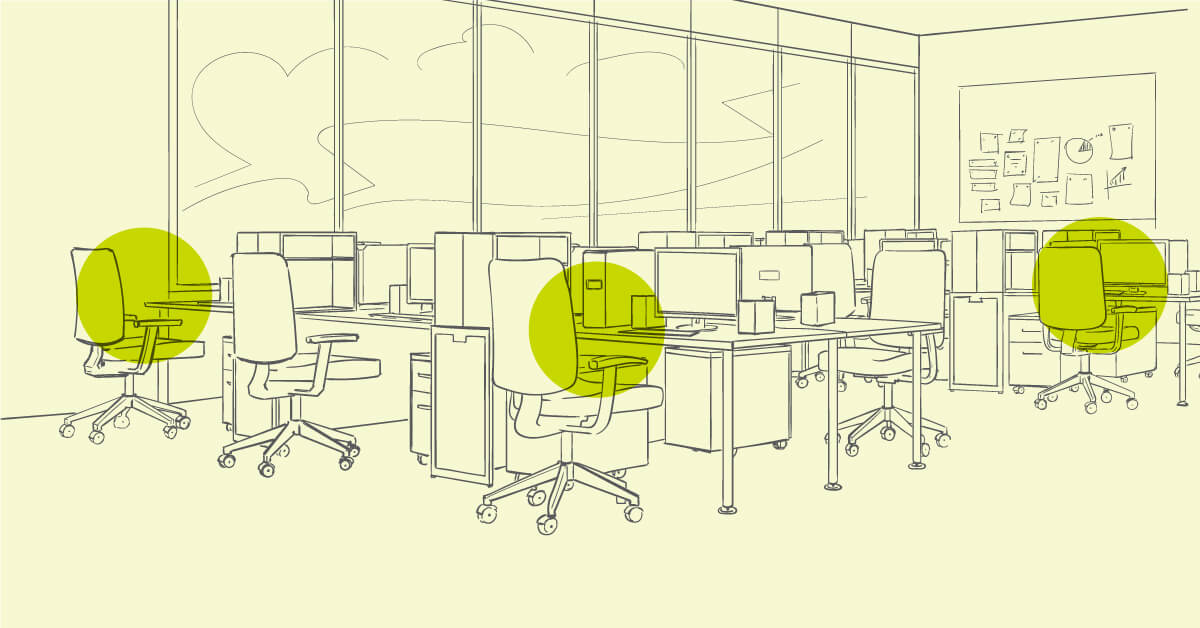
COVID most assuredly is not “over,” and the fall might be an even worse time for some communities. Time will tell on COVID’s various impacts on work, but here’s some of what we know now.
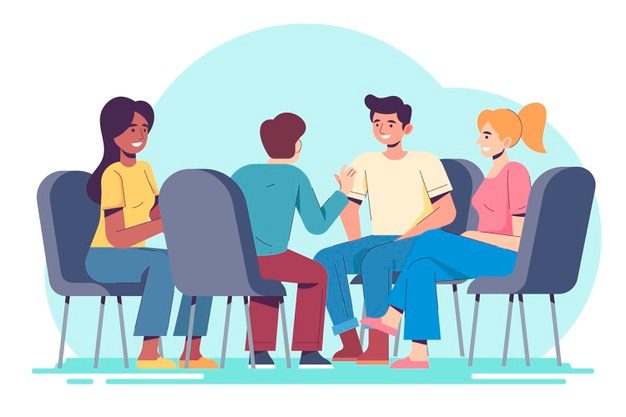
People have lots of theories about what the “new world of work” will look like. Maybe in reality it’s just about managers learning how to structure better, insight-laden conversations.
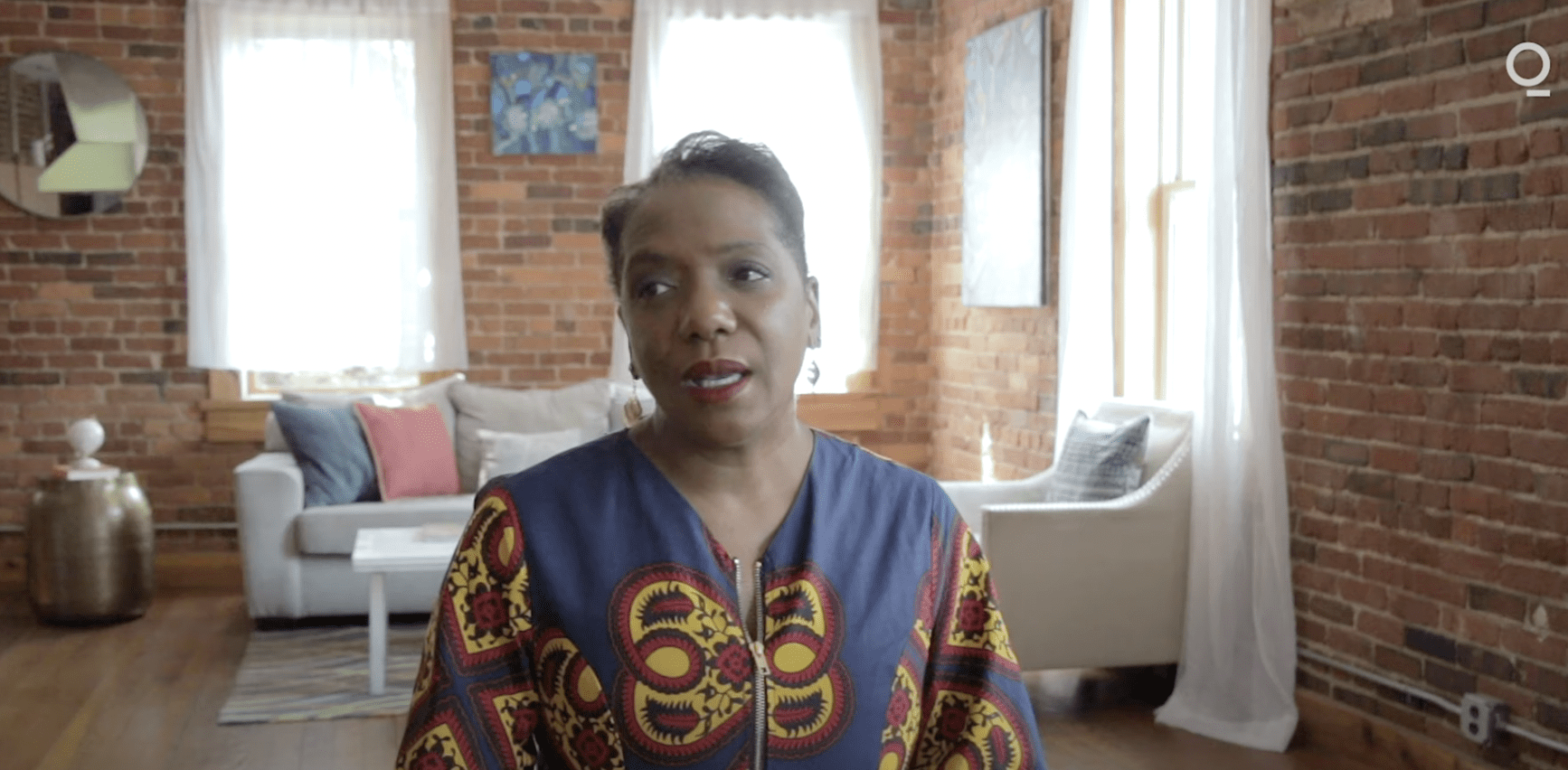
How could companies start doing better around diversity and inclusion — but for real this time?

Join millions of employees in creating culture change at scale by reaching out today.

In 2007, David and Lisa Rock and their team had been working in leadership development and executive coaching for ten years, when David coined the term “NeuroLeadership.”ef

North America
Africa
South America
Asia
Europe
Australia
© NeuroLeadership Institute 2025. All Rights Reserved
This site uses cookies to provide you with a personalized browsing experience. By using this site you agree to our use of cookies as explained in our Privacy Policy. Please read our Privacy Policy for more information.